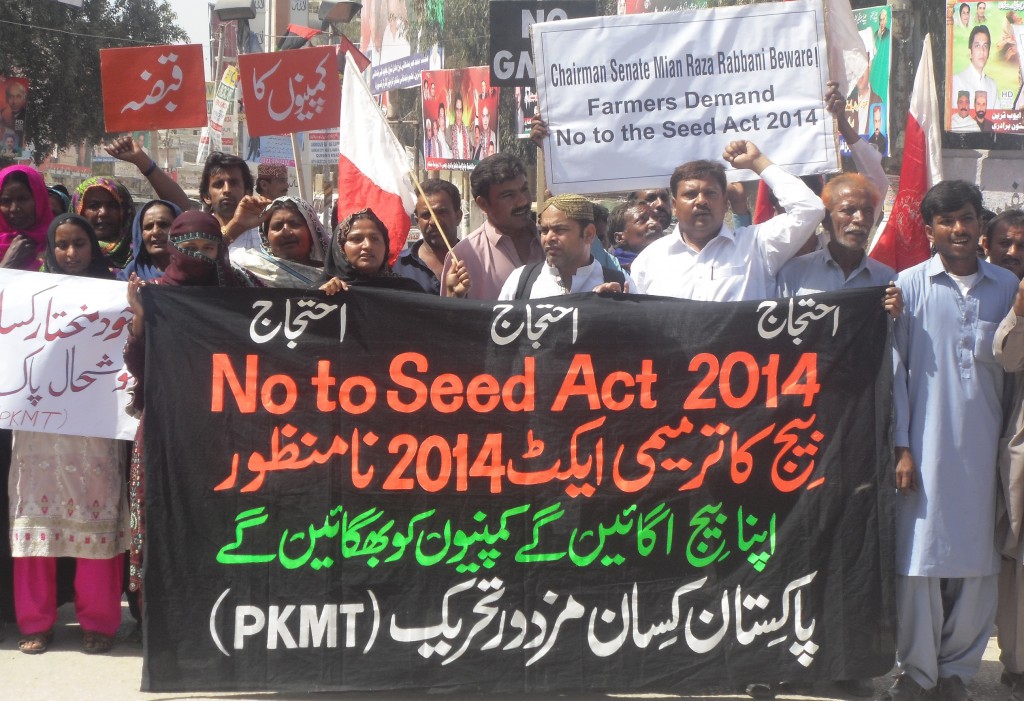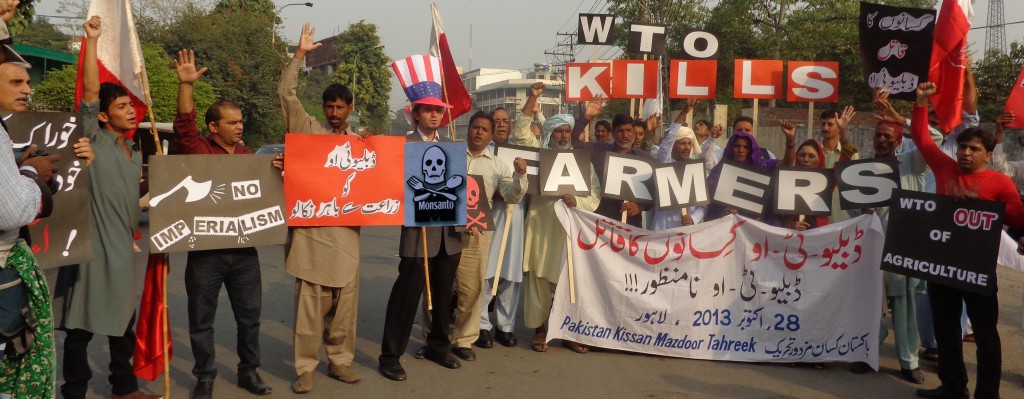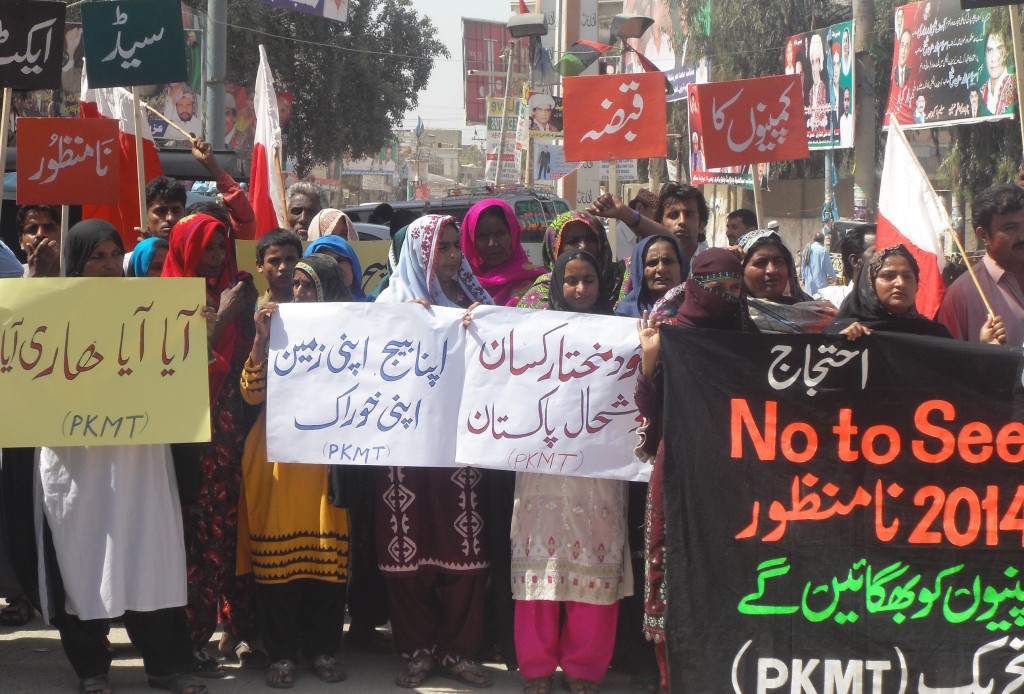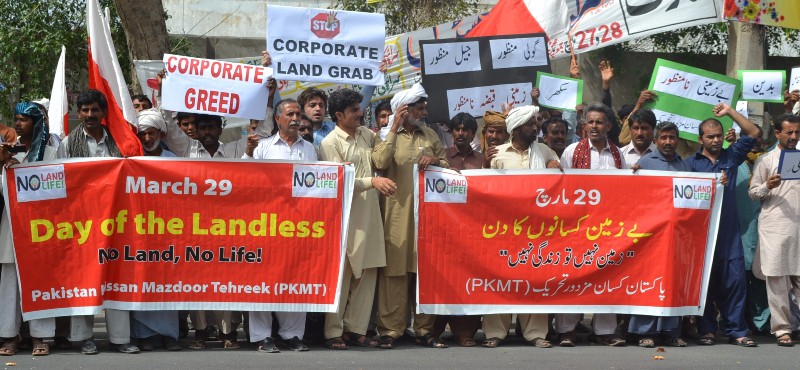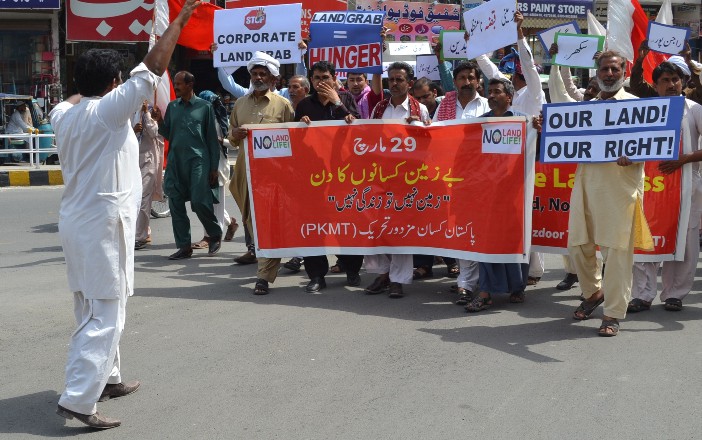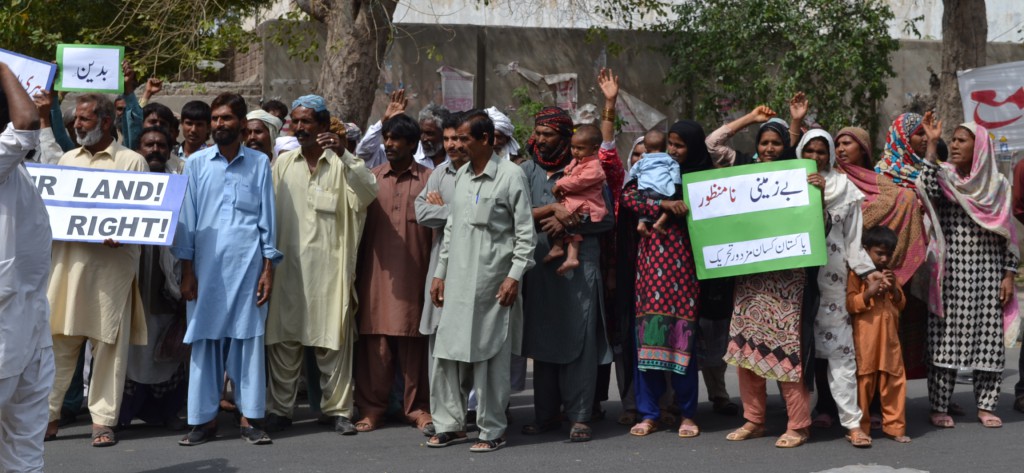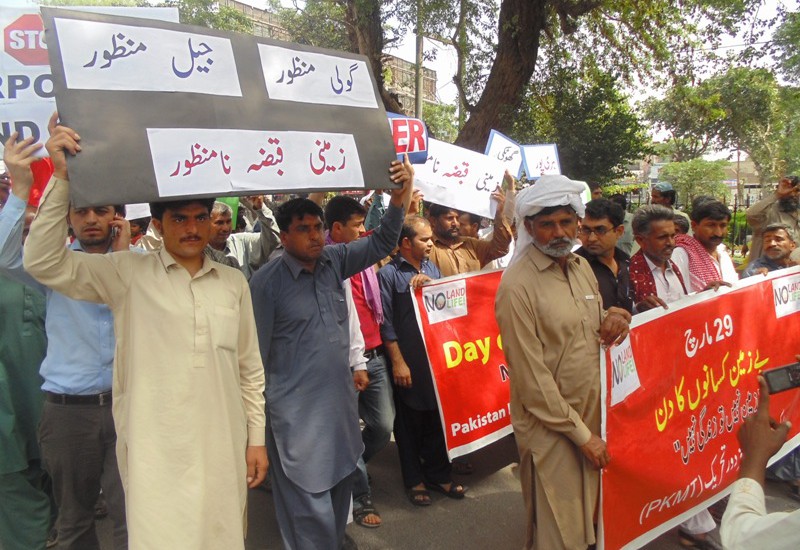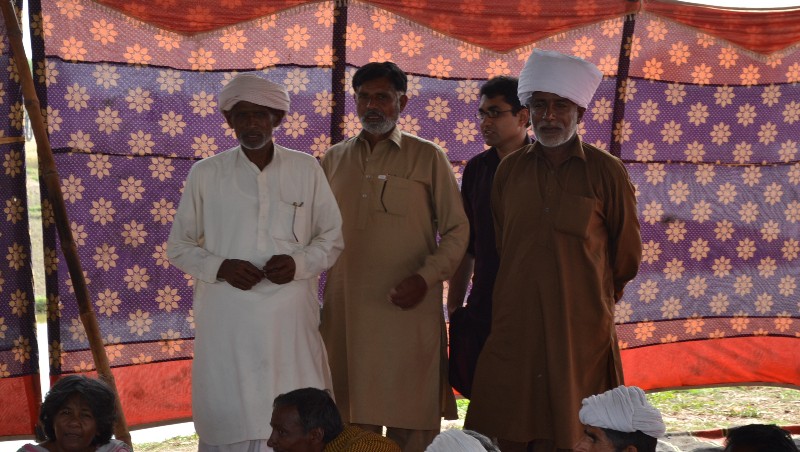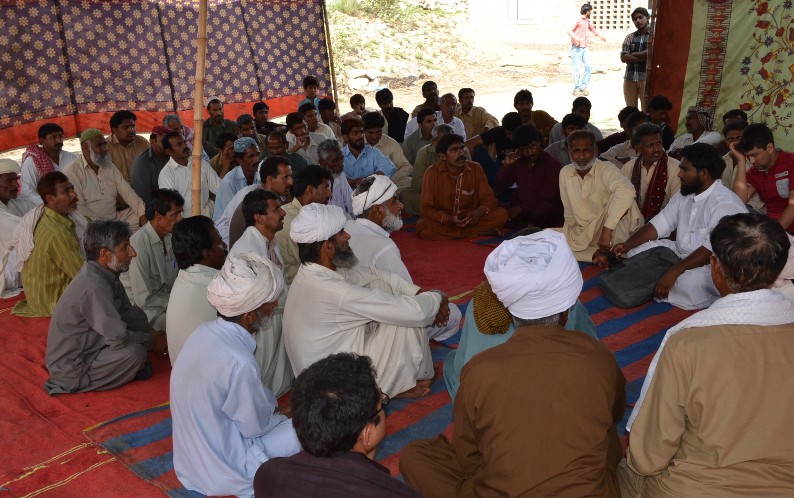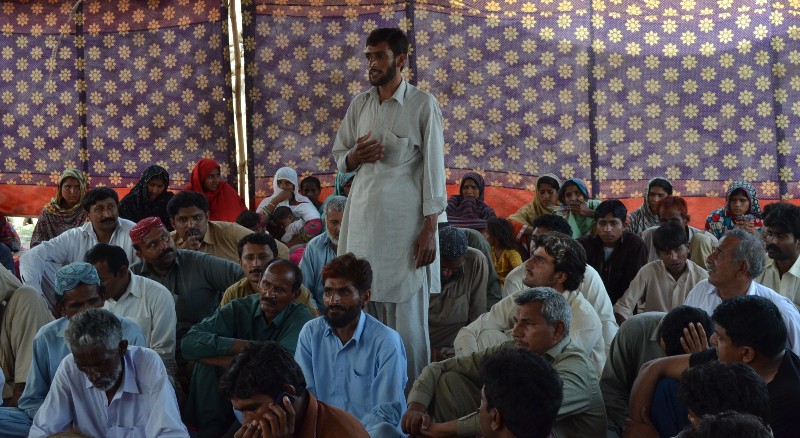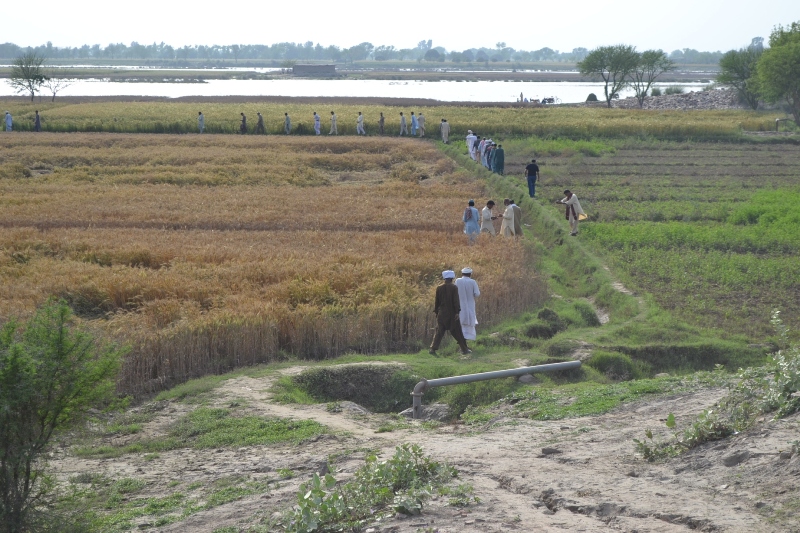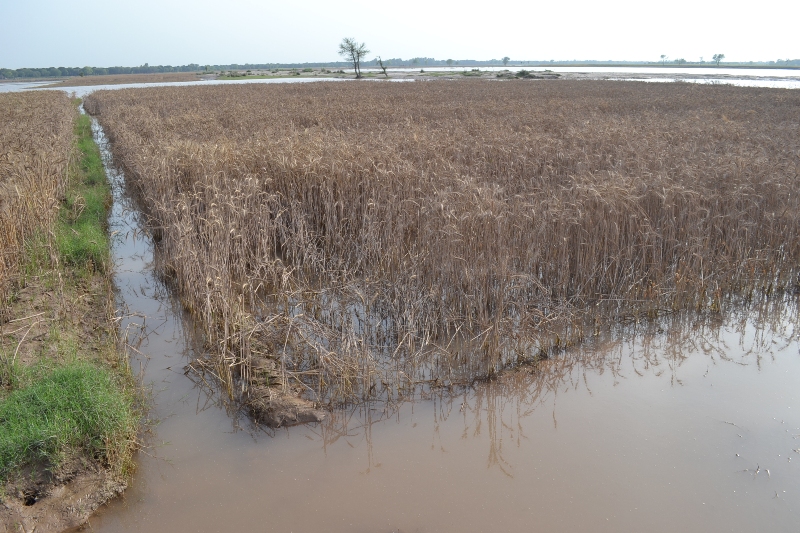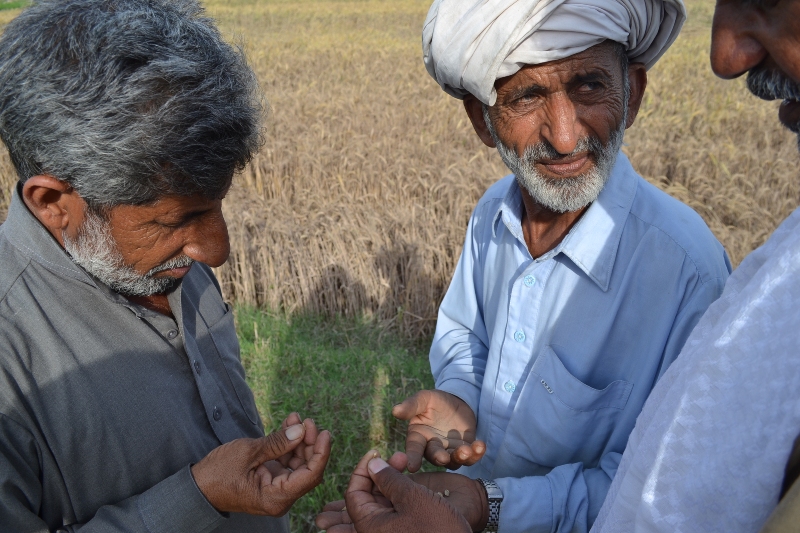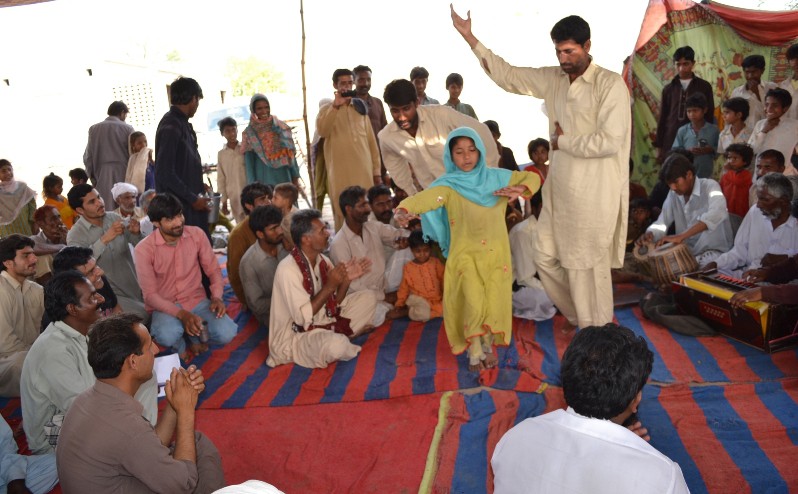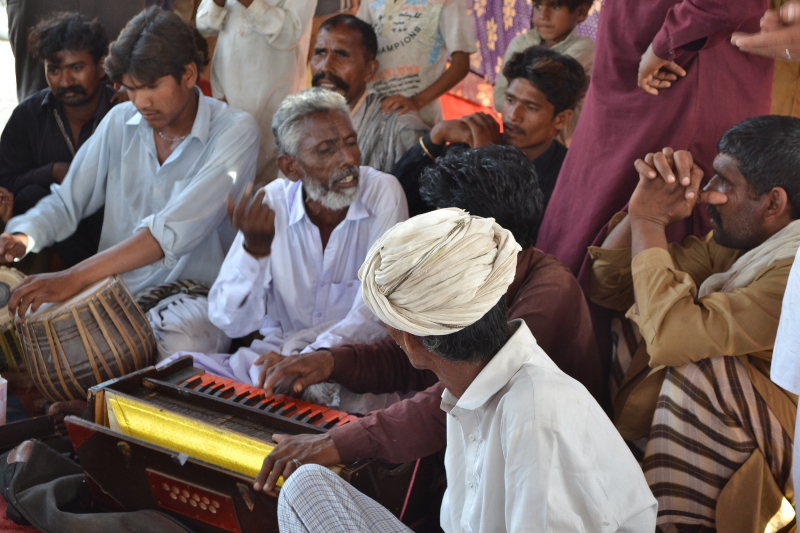The shocking statement from the International Agency for Research on Cancer (IARC), an organ of the World Health Organization (WHO) that glysophate probably causes cancer in humans further verifies the concerns of the farmers organizations such as the Pakistan Kissan Mazdoor Tehreek.
According to IARC “Glyphosate is a broad-spectrum herbicide, currently with the highest production volumes of all herbicides. It is used in more than 750 different products for agriculture, forestry, urban, and home applications. Its use has increased sharply with the development of genetically modified glyphosate-resistant crop varieties. Glyphosate has been detected in air during spraying, in water, and in food.”
This herbicide is used in the Monsanto’s Roundup Ready which can be sprayed on genetically-engineered plants resistant to Glyphosate. This of course provides further food for thought to the Pakistan Senate as it in the process for approving the Pakistan Amended Seed Act 2014 passed by the National Assembly on March 16 last month.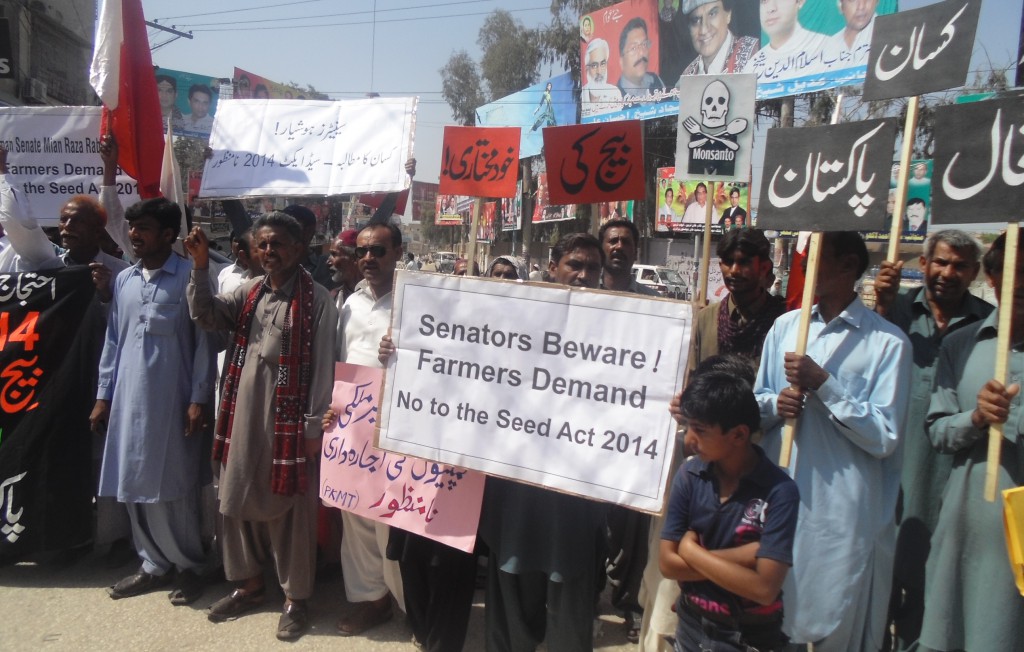
There have been recent concerns raised by the Director General, Environmental Protection Agency on the safety of GM seeds and crops in the country; similar concerns have also been voiced by the Foreign Office to the Climate Change Division stating that “GM seeds can be used as biological weapon of mass destruction to destroy Pakistan’s major crops such as potatoe, wheat, rice, corn, cotton and vegetables through modified viruses, bacteria, and other parasite.”
Roots for Equity along with many other peoples’ organizations and farmers’ organizations has sent a letter to the Pakistan Senate early this month, highlighting the many political, environmental an economic issues pertaining to acceptance of genetic ally engineered seeds and crops.
The breaking news by WHO on further harm caused by the use of GE seeds and related technologies should be taken into grave consideration and help in rejecting the Amended Seed Act 2014, to be replaced by legislation which guards farmers seed sovereignty and national food sovereignty.
http://www.thelancet.com/journals/lanonc/article/PIIS1470-2045(15)70134-8/fulltext
http://www.dawn.com/news/1175542/farmers-or-corporate-sovereignty
http://www.dawn.com/news/1173928/50-ngos-urge-senate-to-block-bill-on-seeds
http://www.dawn.com/news/1174415/minister-concerned-over-gm-crops-in-pakistan
http://www.dawn.com/news/1174330
http://www.dawn.com/news/1172653
http://www.dawn.com/news/1170209/farmers-most-affected-by-new-law-on-seeds

